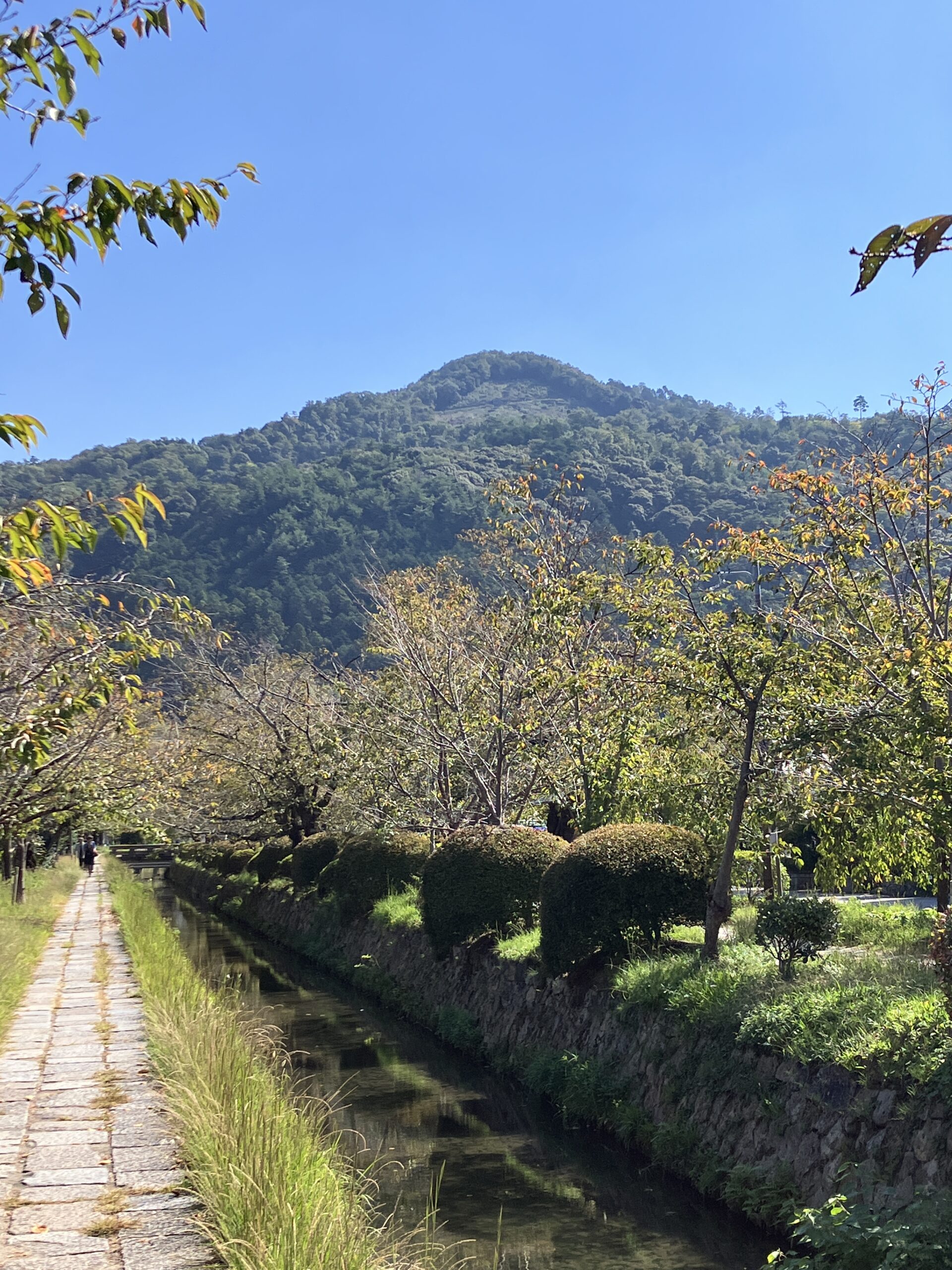Rice Ball
When I was in my third year of college, I decided to try out the exchange program to St. Louis. I won the ticket to go, and that was the start of a year-long journey in 2001. Since I had been on planes from grade school, I knew I was going to get sick on flights. My grandmother used to make me a bento box, or a lunch box, so I could at least eat something on the plane. This time, I made two rice balls to carry for the trip.
I remember that we arrived late, and I had no roommate meaning the kitchen was empty. I didn’t have a way to go shopping, so I ate the rice balls for dinner. I felt alone but my heart was filled up.
Even when I travel inside or outside Japan, I always have to eat rice as it is my daily staple and source of energy. However, this year, we faced a rice shortage for several reasons. One reason was the unstable weather, another was the increased consumption due to many visitors from around the world, and since August is typically the time of the lowest inventory throughout the year, we were waiting for the new crop of rice to be harvested. The balance between demand and supply was not as expected. I was shocked to see the shelves, which normally were stacked with rice bags, were empty.
Message from My Teacher
Twice a year, for New Year and summer, I send a postcard to my junior high school teacher. He must be around 80 years old, since he retired the same year we graduated from high school. One time when we visited his house and asked why he retired before he was 60, he mentioned that his father and grandfather had both passed away in their mid 50s. So, he thought he would too and wanted to do whatever made him comfortable before his time came. I thought his way of thinking was quite unique.
He always sends me a reply after receiving my postcard, but this year there was no response for about a month. I was very worried that something might have happened to him. One day, I opened my mailbox and found the postcard I had been waiting for. However, he wrote that all his excretory organs were not working properly. Shocked and worried, I emailed him immediately, waiting for his reply.
In his response, he wrote: “I think I’m getting old and cannot write sentences as I wish. I am doing well, though. I work out by playing tennis, golf, and walking every day, so I am confident that I can move better than most people. My ears are hard to hear, and people might think I’m acting funny and laugh at me. But I’m happy to be laughed at! I’m just enjoying every moment.”
His positive way of thinking makes me feel that there’s nothing to worry about when it comes to aging, and I must enjoy every moment of my life.
Eating What You Enjoy
By coincidence, I had the privilege of going out for dinner with a person I have respected for nearly 25 years. He was the kimono master who made my Yuzen kimono. Yuzen is a unique and intricate resist dyeing technique originally from Kyoto. It starts with sketching and involves a special dyeing process. All his kimono works are exceptional, and I always love to wear each one of them because they are fabulous examples of traditional craftsmanship.
Since I moved to Kyoto, he and his wife were kind enough to invite me to dinner at a very nice Japanese restaurant. It wasn’t fancy, but every dish was delicious. The ayu, or sweetfish, was especially tasty. It had eggs inside, which made it particularly flavorful. Ayu are found in freshwater lakes and rivers. They migrate upstream in rivers during the summer to grow and mature, and in the autumn, they descend downstream to spawn. Their larvae are carried downstream to the sea where they grow before returning to freshwater in the spring.
I have always thought that ayu is a seasonal delicacy enjoyed during the summer months. However, it seems that the life cycle of ayu is such that in the summer, the females have the most fat as they prepare to lay eggs, but in the autumn, they have eggs in their stomachs, which makes the taste richer.
The highlight of the dinner was that the kimono master said, “Our lives are short. We should eat what we want to eat for the rest of our lives!”
Thank You
Over the past few days, I have felt how small and negative I was compared to these great people I respect, who enjoy every bits and pieces of their lives. Japanese people, or I should say myself, tend to say “Sorry” or “Sumimasen” for almost anything. However, from today, I will make a point to use positive words first and say “Thank you.”
Thank you for reading my story. My story that hopefully would bring energy to you too.





Comment